Books
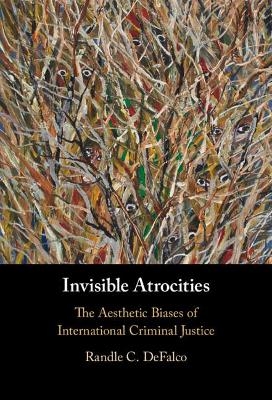
Invisible Atrocities: The Aesthetic Biases of International Criminal Justice
By Randle C. DeFalco. This book explores the ways aesthetic considerations shape how international crimes are recognized and categorized. It identifies a dominant aesthetic model of atrocities as horrific spectacles and identifies various forms of mass violence, from the enforcement of famine conditions to socio-economic oppression, that fail to conform to this model. International criminal…
Read more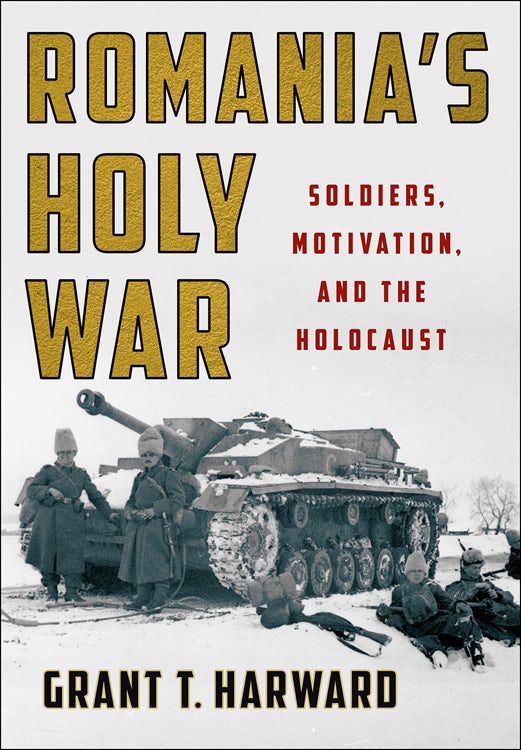
Romania’s Holy War: Soldiers, Motivation, and the Holocaust
By Grant T. Harward. Romania’s Holy War rights the widespread myth that Romania was a reluctant member of the Axis during World War II. In correcting this fallacy, Grant T. Harward shows that, of an estimated 300,000 Jews who perished in Romania and Romanian-occupied Ukraine, more than 64,000 were, in fact, killed by Romanian soldiers. Moreover, the Romanian…
Read more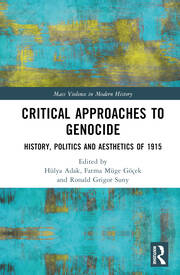
Critical Approaches to Genocide: History, Politics and Aesthetics of 1915
Edited By Hülya Adak, Fatma Müge Göçek, Ronald Grigor Suny. The study of genocide has been appropriate in emphasizing the centrality of the Holocaust yet other preceding episodes of mass violence are of great significance. Taking a transnational and transhistorical approach, this volume redresses and replaces the silencing of the Armenian Genocide. Scholarship relating to the history of…
Read more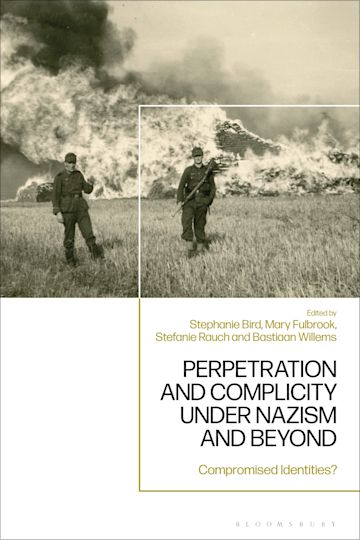
Perpetration and Complicity under Nazism and Beyond: Compromised Identities?
Edited by Stephanie Bird, Mary Fulbrook, Stefanie Rauch, and Bastiaan Willems. This edited collection analyses perpetration and complicity under National Socialism and beyond. Contributions reflect on self-understandings, representations and narratives of involvement in collective violence both at the time and later – a topic that remains highly relevant today. Using the notion of ‘compromised identities’…
Read more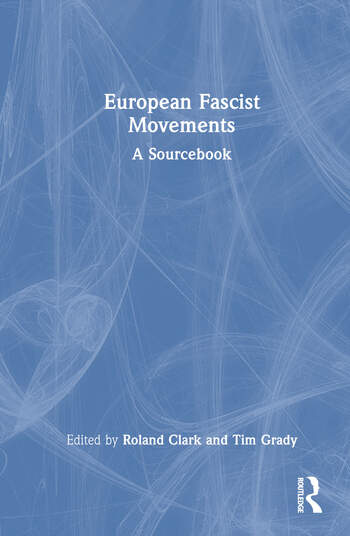
European Fascist Movements: A Sourcebook
Edited by Roland Clark, Tim Grady. This volume offers a fresh and original collection of primary sources on interwar European fascist movements. These sources reflect new approaches to fascism that emphasise the practical, transnational experience of fascism as a social movement, contextualising ideological statements within the historical moments they were produced. Divided into 18 geographically based…
Read more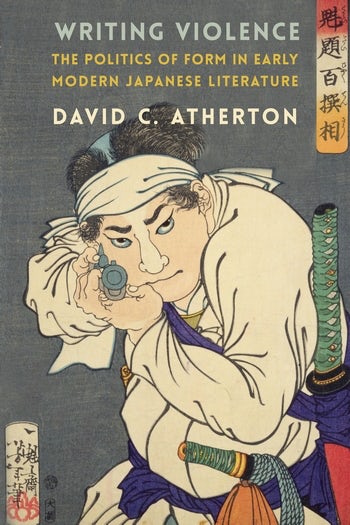
Writing Violence: The Politics of Form in Early Modern Japanese Literature
By David C. Atherton. Edo-period Japan was a golden age for commercial literature. A host of new narrative genres cast their gaze across the social landscape, probed the realms of history and the fantastic, and breathed new life into literary tradition. But how to understand the politics of this body of literature remains contested, in part…
Read more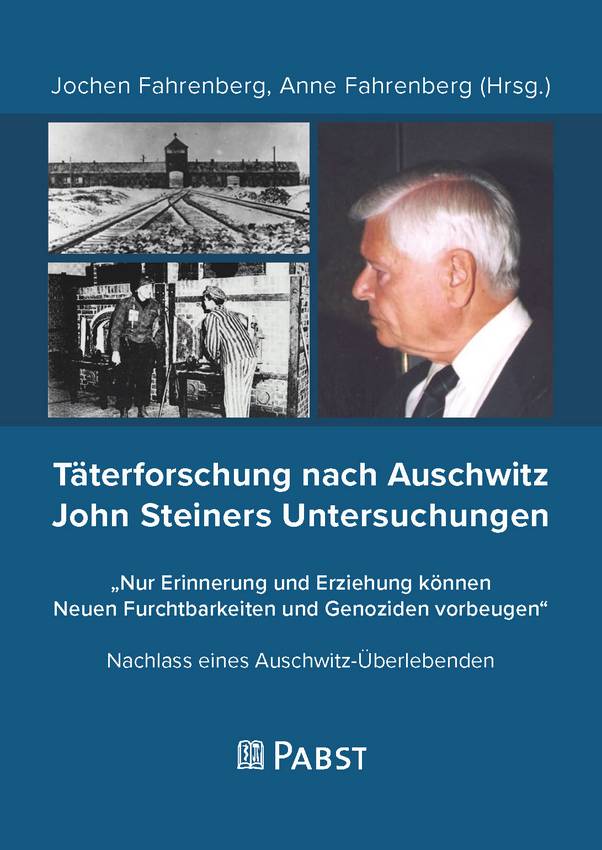
Täterforschung nach Auschwitz: John Steiners Untersuchungen
Edited by Anne and Jochen Fahrenberg. John Michael Steiner war ein tschechisch-amerikanischer Soziologe. Er wurde 1925 in einer deutschsprachigen Familie in Prag geboren und, noch als Schüler, im Jahr 1942 inhaftiert und wie seine Eltern in Konzentrationslager gebracht: Theresienstadt, dann Auschwitz-Birkenau und Außenlager Blechhammer. Seine drastischen Erfahrungsberichte “Sklavenarbeit in der Fabrik für synthetisches Benzin Blechhammer”;…
Read more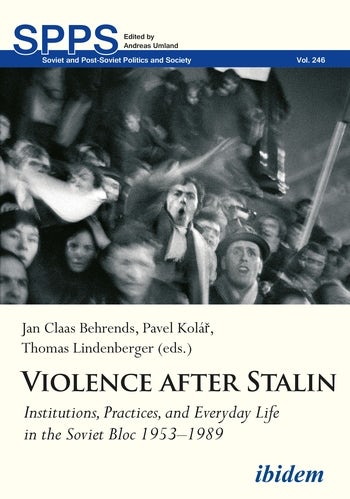
Violence After Stalin: Institutions, Practices, and Everyday Life in the Soviet Bloc 1953–1989
Edited by Jan Claas Behrends, Thomas Lindenberger, and Pavel Kolář. This volume by an international group of historians presents case studies on the use and types of physical violence in the USSR and Moscow’s European satellite states after the death of Joseph Stalin. While communist rule until 1953 was characterized by repression and mass-terror, violence…
Read more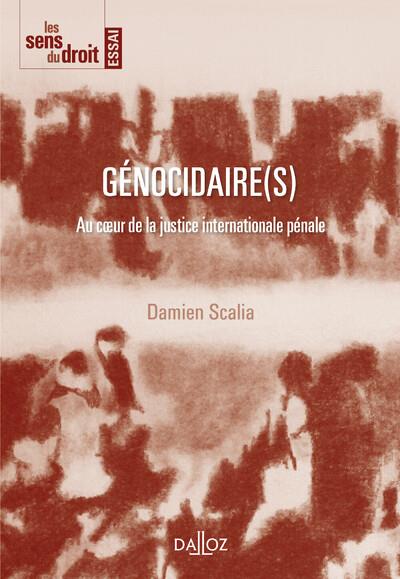
Génocidaire(s): au coeur de la justice internationale pénale
By Damien Scalia. This book draws on unique materials – about sixty interviews Scalia conducted with some of the most serious criminals tried by international criminal courts. In his encounters with these génocidaires, the author listened to them for a long time, not to study how they became perpetrators, as is generally the case in…
Read more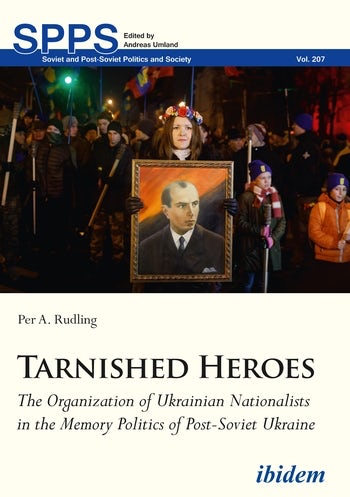
Tarnished Heroes: The Organization of Ukrainian Nationalists in the Memory Politics of Post-Soviet Ukraine
By Per A. Rudling. Following its declaration of independence in 1991, Ukraine has sought to produce a new national history. After the 2004 Orange Revolution, newly elected president Viktor Yushchenko embarked on an ambitious project to rehabilitate the most radical branch of the far-right interwar and wartime Organization of Ukrainian Nationalists (OUN) and its armed…
Read more
